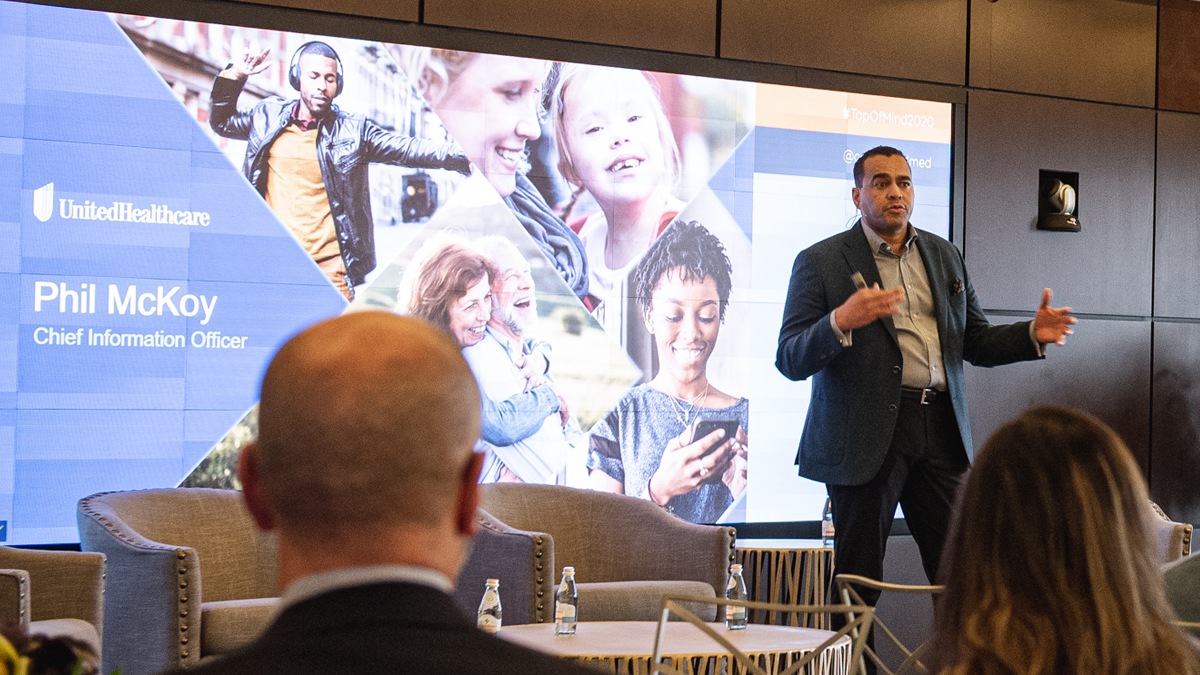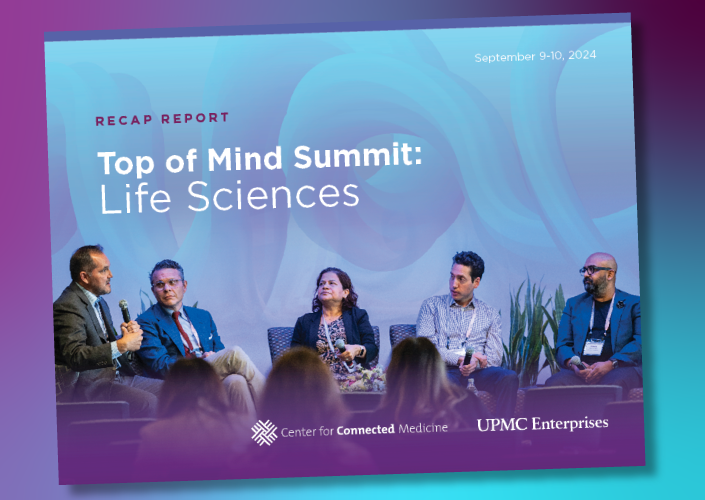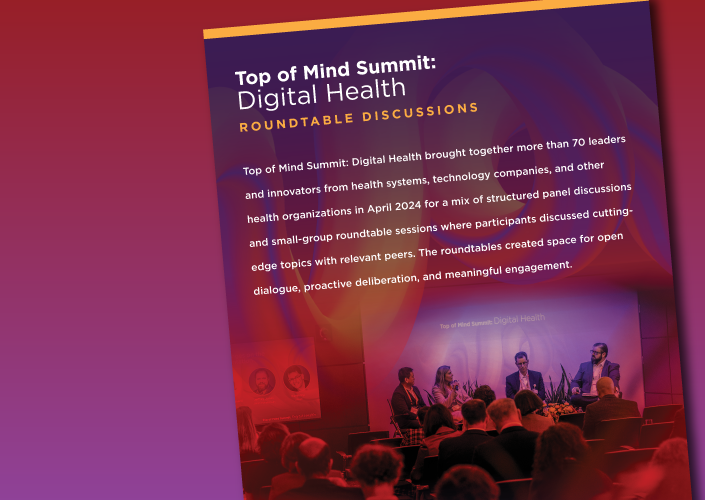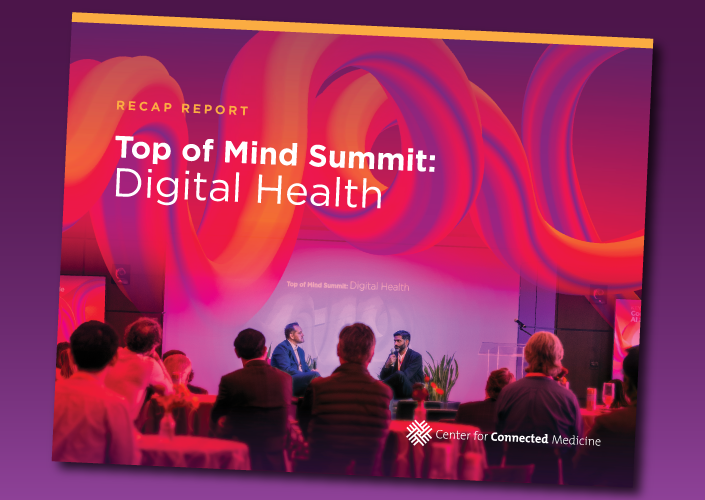UnitedHealthcare’s Phil McKoy delivers “retailization” message to health care leaders at CCM’s Top of Mind 2020 Summit
Health care costs can vary widely, which often is criticized as a major problem. The cost of a knee-replacement surgery, for example, can range dramatically from hospital to hospital, and region to region.
But new cars also have drastically different prices, ranging from about $20,000 to well over $150,000 – and consumers don’t seem to have an issue with that variation in cost. So, why is it a problem that health care has big differences in cost?
The difference is in price transparency, explained Phil McKoy, Chief Information Officer at UnitedHealthcare. Consumers know exactly what they’re getting and not getting on the $20,000 and $150,000 cars. Every difference in feature, specification, and detail is spelled out, so they can make an informed choice about the product they’re buying.
“We can’t do that in health care today,” McKoy said during a keynote presentation at the Top of Mind 2020 Summit, organized by the Center for Connected Medicine (CCM). The Summit brings together health system leaders from across the country to discuss top issues in health care raised by the CCM’s Top of Mind research report.
Patients don’t know what they’re getting for their money when it comes to health care — they only see their premiums, deductibles and out-of-pocket costs rising faster than the rate of inflation.
McKoy, a former Target executive, joined UnitedHealthcare in 2016 and advocates for the retailization of health care by focusing on bringing transparency, simplicity, and control to the consumer experience.
Health care is more complex than retail
While acknowledging that health care is much more complex than retail — “We’re not selling socks,” McKoy said — he reminded the Top of Mind audience that patients aren’t sympathetic to how difficult it is to bring transparency, simplicity, and control to health care.
“They just want an experience they can trust, understand, and navigate,” he said.
“We also need to streamline our operations and make it easier for people to understand what they are paying for. Increase the transparency for our consumers and roll out digital resources to give people access to their cost estimates,” he said.
If payers, providers, and health systems don’t provide the experience, outside disruptors are making moves to fill the gap.
Health care also hasn’t done a great job of personalizing the digital experience for patients. McKoy explained that while there may be some segmentation of patients by age or medical condition, there is very little segmenting by experience, or where the patient is in his or her stage in life. That is an area McKoy said UnitedHealthcare is working to improve, as it holds the key to delivering value.
“All these things will enable the retailization and consumerization of health care,” he said. “It’s an exciting time.”
Learn more about the Top of Mind research
- Top of Mind 2020: Patient engagement, data analytics, and precision medicine drive better care, but barriers remain
- Precision medicine: Where are health systems on the path to personalized care?
- Why data aggregation and analytics is a ‘Top of Mind’ focus for 2020
- Patient portal is the primary engagement tool employed by health systems, survey finds



